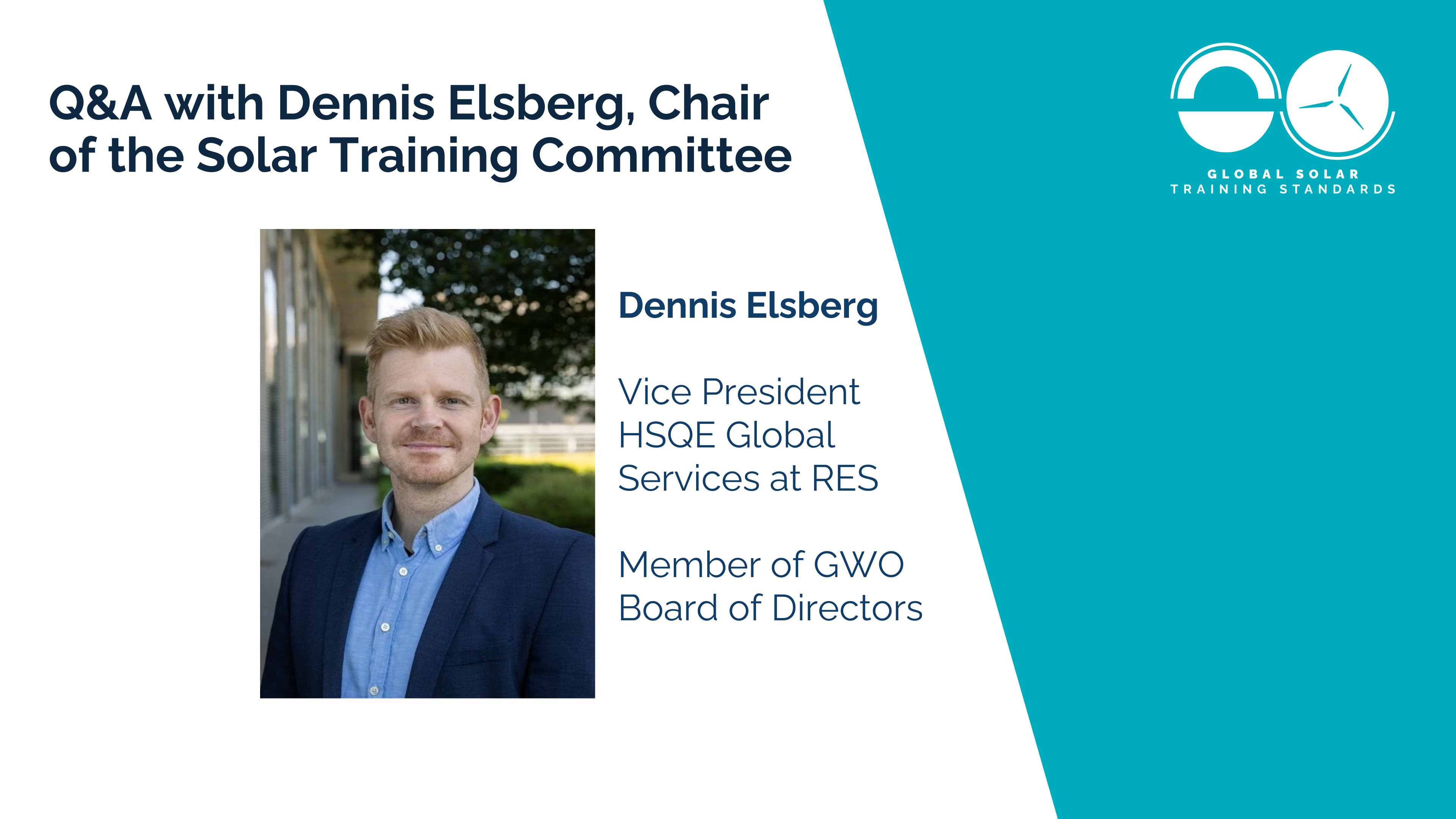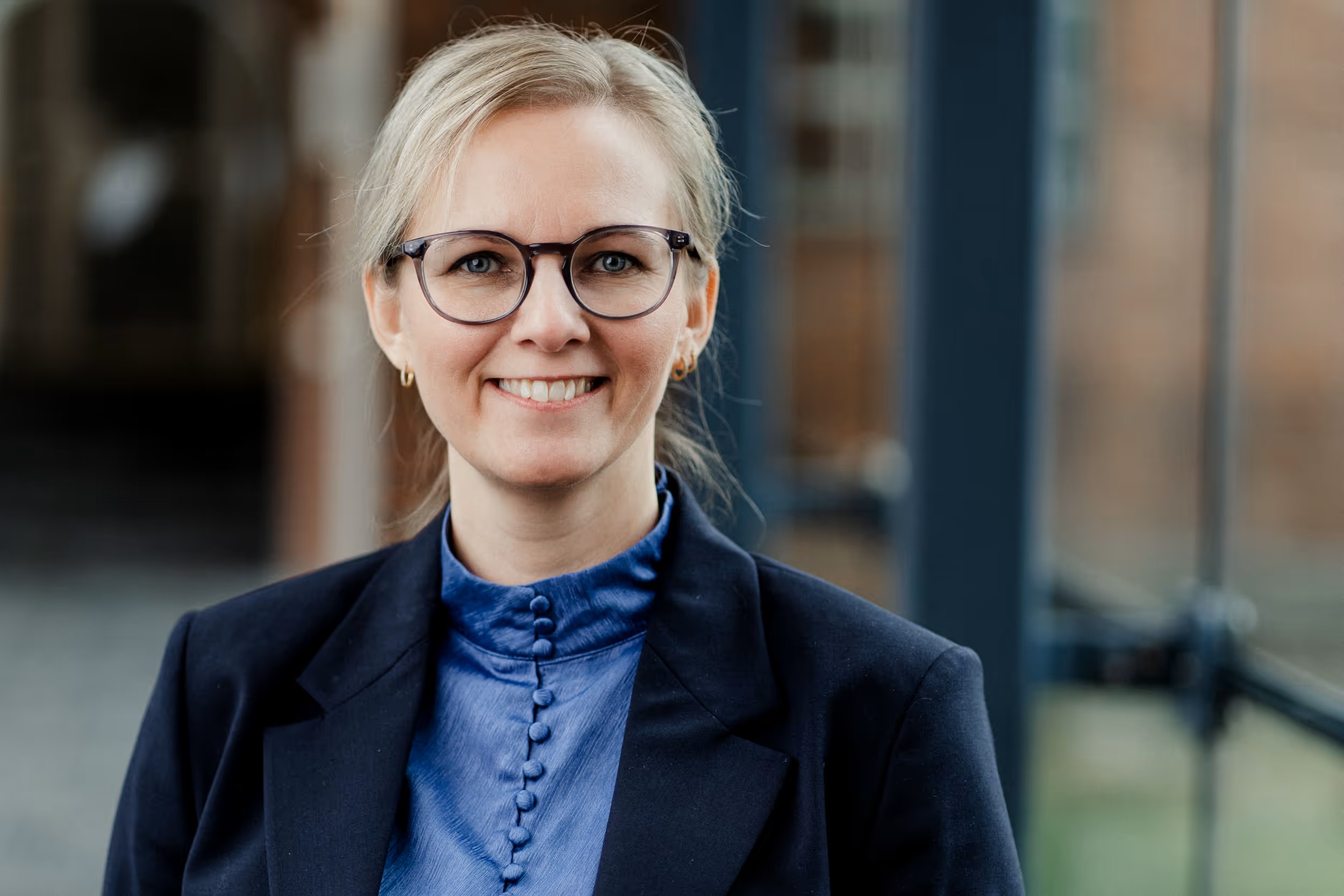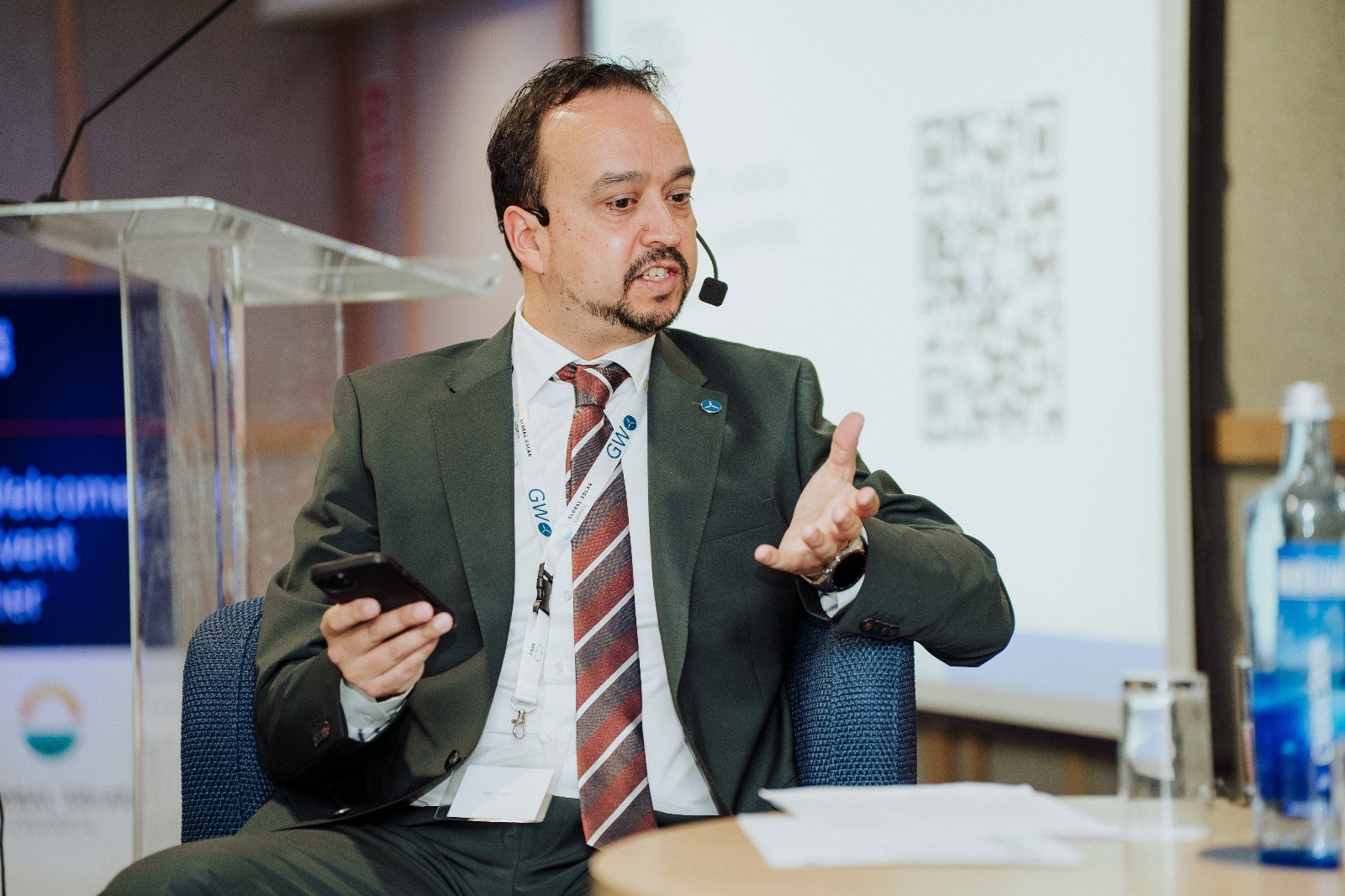Q&A with Dennis Elsberg, Chair of the Solar Training Committee
GWO met with Dennis Elsberg, Chair of the Solar Training Committee, to discuss the Solar Committee's work and how the Global Solar Training Standards will support employers.

On Tuesday 2 September 2025, Global Solar Council and GWO launched the new Global Solar Training Standards. Julie Brown, Secretary of the Solar Training Committee and Head of Training Development at GWO, joined Dennis Elsberg, Vice President HSQE Global Services at RES and newly elected Chair of the Solar Training Committee, for a brief chat about the Committee’s work, how the Standards will help solar employers and the future of solar training. Read on for the highlights.
Dennis, you’ve had a unique vantage point in shaping the Global Solar Training Standards. How will you ensure the Solar Training Committee’s work reflects the reality of both solar employers and technicians?
Our starting point has always been the real world, and it follows that these standards are built on scenarios that replicate what technicians face on site. In this way, they are designed to take into account the need for ensuring safety and a high degree of competency across the employers’ workforce. For the industry, by the industry.
To give an example, Safe Solar Work requires participants to demonstrate manual handling, fire response and working at heights in realistic conditions, while the technical modules cover tasks such as crimping, tightening and terminating cables under supervision.
Solar employers often operate in multiple countries. How do you foresee the role of the standards in helping employers manage training needs across different regions and regulatory environments?
The Global Solar Training Standards emerged precisely from this need from employers, supporting them in managing their training needs across different geographies and contexts. Recognised by Global Solar Council and GWO, they create a global baseline for solar safety and technical competence.
In practice, this means that employers can trust that a technician trained in an emerging market such as Chile is able to work as safely and as competently as one trained in a more mature market, such as Australia.
At the same time, the standards are modular, so employers can add country-specific elements, avoiding repeat training, ensuring consistency, increasing safety and supporting global workforce mobility.
What’s next for the Solar Committee?
We need to build for the workforce of tomorrow. Our priorities are clear for the next three years and from the Committee’s perspective, four themes stand out.
1. Implementation and adoption: This is our immediate focus across the industry. Global adoption will create a common baseline and data insights, empowering us to leverage industry knowledge.
2. Development of career paths: We will evaluate the need for new products to support career pathways, similar to the job roles in wind, so the standards don’t just support onboarding but also upskilling and retention.
3. Development of new standards: We will identify the top risk in solar to guide future work beyond already released standards.
4. Refresher training: We will develop this to ensure that refresher training is available and suitable for purpose by the end of 2026.
Ultimately, our priority is to make sure the standards don’t just set a minimum bar, but future-proof the workforce as safe, competent and ready to take on the next phase of the energy transition.
If you could give one piece of advice to employers and training providers looking at these new standards for the first time, what would it be?
Treat the standards as an investment, not a compliance exercise. The most successful adopters embed them into recruitment, onboarding and career progression. Because the standards are modular, they can be mapped directly onto workforce roles.
The plea from technicians is that they need training that’s hands-on and relevant to solar. Employers who listen and align training with real-world tasks will see the biggest impact: a safer workforce, increased quality and reduced downtime.
Want to hear more from Dennis and the Solar Training Committee? Join us in Madrid 7-8 October at the GWO Safety & Training Forum and Awards, GWO’s annual stakeholder event.





